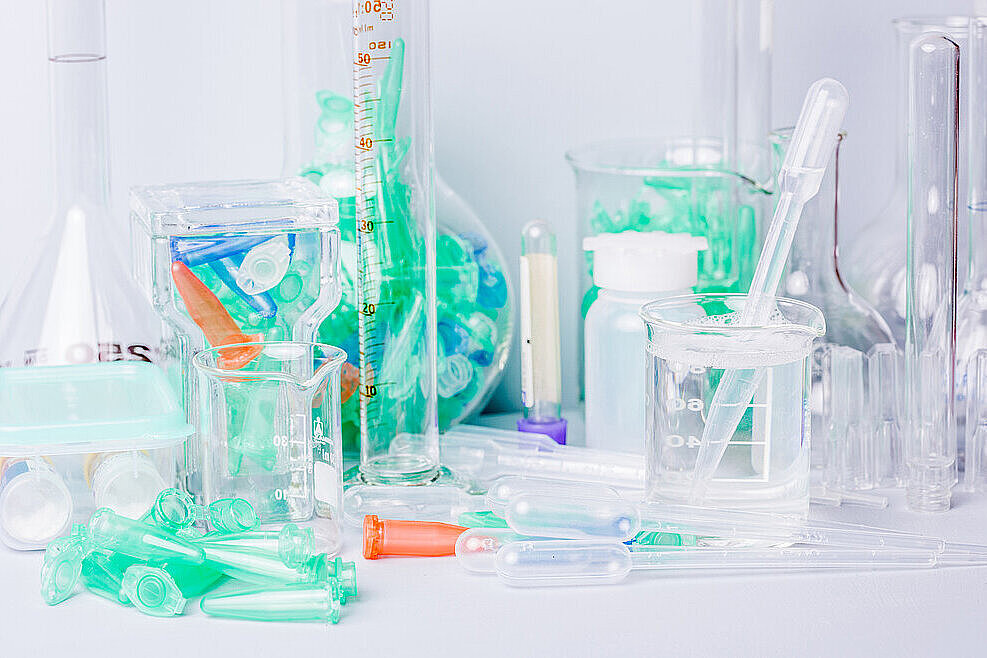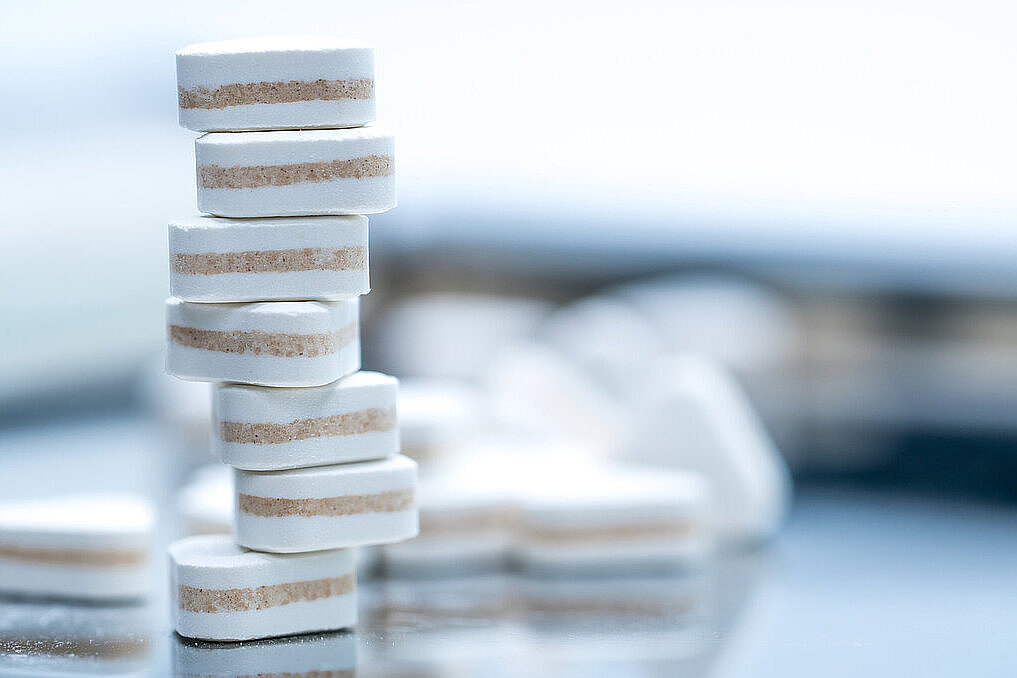Ammonia

But what does ammonia have to do with dogs? In this article you will learn more about the role of ammonia in relation to dogs. We explain what ammonia means for your dog, what the advantages and disadvantages are and how you should handle it.
How does ammonia affect dogs?
Ammonia is not toxic to dogs, but it is not healthy either. Too much ammonia can cause irritation to the eyes, skin or respiratory tract. Ammonia can also impair dogs' sense of smell, which is very important to them.
Dogs can smell ammonia very well, as they have a much higher number of olfactory cells than humans. This means that they can detect even the smallest amounts of ammonia. This can have both positive and negative consequences.
The benefits of ammonia for dogs
One benefit of ammonia is that it can attract dogs. This is because ammonia acts like a marking scent for dogs. Dogs mark their territory with their urine, which contains ammonia. So when they smell ammonia, they become curious and want to find out who has been there.
This can be useful if you want to train your dog, for example. For example, you can spray a little ammonia on a newspaper or cloth and put it in the place where you want your dog to do his business. This way you can teach him where he can and cannot go.
Another benefit of ammonia is that it can calm dogs down. This is because ammonia acts like a pheromone for dogs. Pheromones are messenger substances that are emitted by animals to communicate with other animals. For example, they can transmit information about health status, reproductive readiness or mood.
So when dogs smell ammonia, they can relax and feel good. This can be helpful if your dog is anxious or stressed, for example. For example, you can spray a little ammonia on a toy or blanket and give it to your dog. This can give him a feeling of safety and security.
The disadvantages of ammonia for dogs
One disadvantage of ammonia is that it can scare dogs. This is because ammonia acts like a threat to dogs. When dogs mark their territory, they want to signal to other dogs that they are the boss here and that they should stay away.
So if a dog smells too much ammonia, it can feel threatened or intimidated. This can be problematic, for example, if you want to take your dog to a new place. If many other dogs have already been there and left a lot of ammonia behind, your dog may become scared or aggressive.
Another disadvantage of ammonia is that it can confuse dogs. This is because ammonia looks fake to dogs. When dogs mark their territory, they also want to show their identity and distinguish themselves from other dogs.
If you notice any signs of hypersensitivity or poisoning in your dog, you should see your vet immediately. We are not a substitute for a vet, but we try to be as accurate as possible. Every dog reacts differently and we recommend you get a second opinion or consult your vet if in doubt.
Stay healthy and take good care of your four-legged friend!😊
Similar to Ammonia
Hydrochloric acid is a chemical compound of hydrogen and chlorine dissolved in water. It has the formula HCl and is one of the strongest acids there is. It has a very low pH value, which indicates...
Sulphuric acid is a chemical compound of sulphur, hydrogen and oxygen with the formula H2SO4. It is a colorless, oily and very viscous liquid that dissolves well in water. Sulphuric acid is one of...
Potassium hydroxide, also known as caustic potash, is a white, odorless solid with the formula KOH. It dissolves in water with great heat development and forms a strong base called caustic potash....
Sodium hydroxide is an important raw material in the chemical industry. It is used, for example, to produce soap, paper, plastics and dyes. It is also used to neutralize acids or dissolve other...



